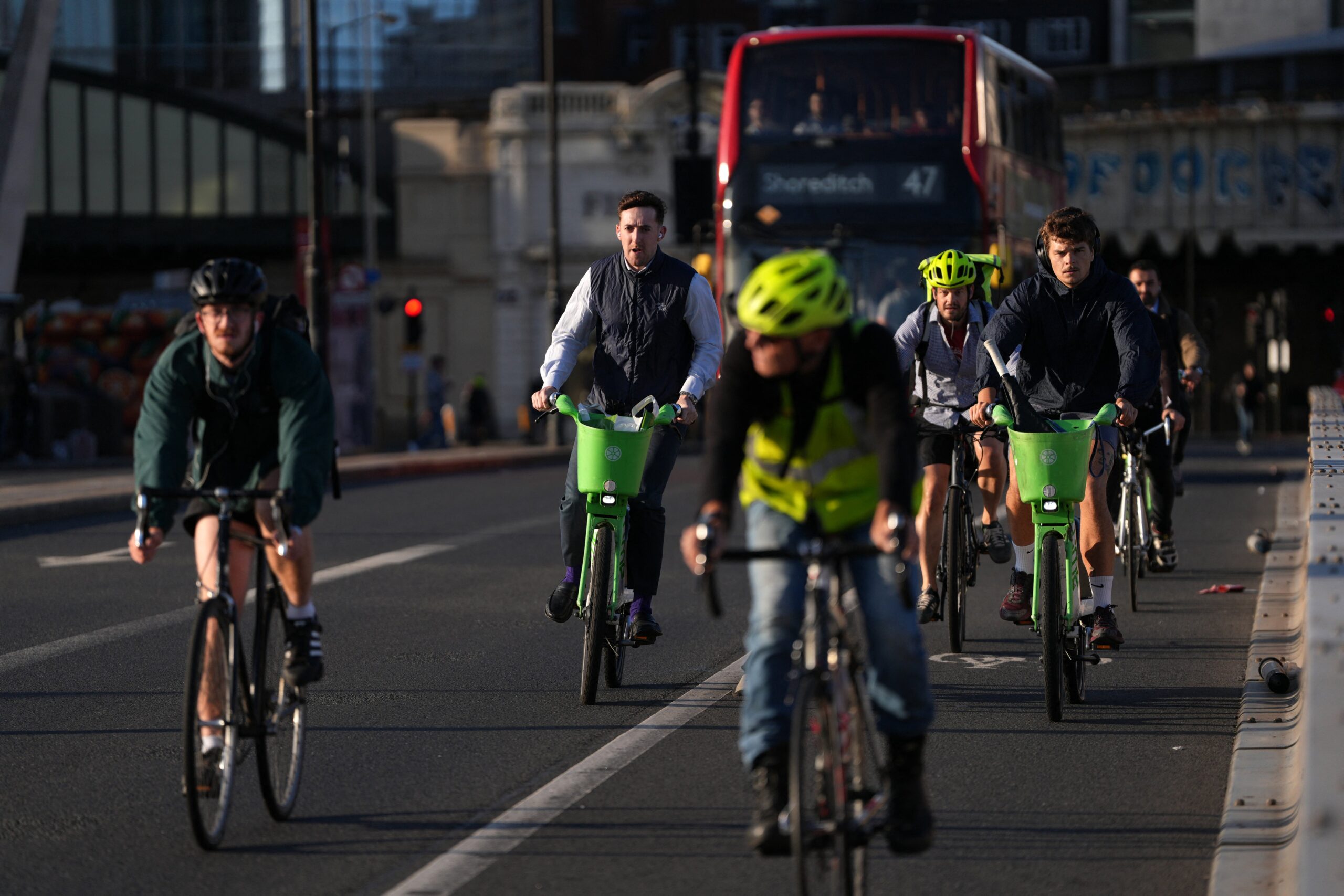Rachel Reeves is poised to axe high-end bikes from the Cycle to Work scheme amid concerns it is being exploited by richer commuters, reports suggest.
The chancellor will look to clamp down on workers buying expensive bikes under the government-backed subsidy scheme, which allows employees to buy bikes and accessories without interest through a loan from their employer, according to reports in the Financial Times.
Cyclists then make repayments through their salary before income tax and national insurance is factored in.
It comes as sources told the Financial Times Ms Reeves is concerned about “high earners in the Surrey Hills” using the scheme to make significant savings on pricey frames – instead of the tax break benefitting everyday commuters.

“It should be about helping ordinary commuters switch to greener travel, not giving tax breaks to high earners buying £4,000 e-bikes for weekend rides in the Surrey Hills,” one government figure told the Financial Times.
Ms Reeves is currently searching for ways to repair a hole of some £30bn in Britain’s public finances ahead of the 26 November Budget.
Any changes to the Cycle to Work scheme could reportedly come as part of a wider crackdown on government subsidy programmes, with the Treasury also said to be looking at limiting how much employees can move into their pension without being taxed employer and employee national insurance.
Introduced in 1999, Cycle to Work originally had an £1,000 cap – but this was removed in 2019 after complaints about certain bikes being excluded. The subsidy cost the government £130m in 2024-25.
Will Pearson, co-owner of London-based Pearson Cycles, told the Financial Times the new limit on the scheme would have to be at a “sensible level” but warned it could harm progress made on environmentally friendly commuting.
“The government should leave the scheme alone or, ideally, improve the incentives rather than restrict them,” he said. “Customers are far more likely to consistently use their bikes if they are of a certain quality, reliable and efficient. This often comes at a higher price tag.”
A Treasury spokesperson said: “We do not comment on speculation around changes to tax outside of fiscal events.”
